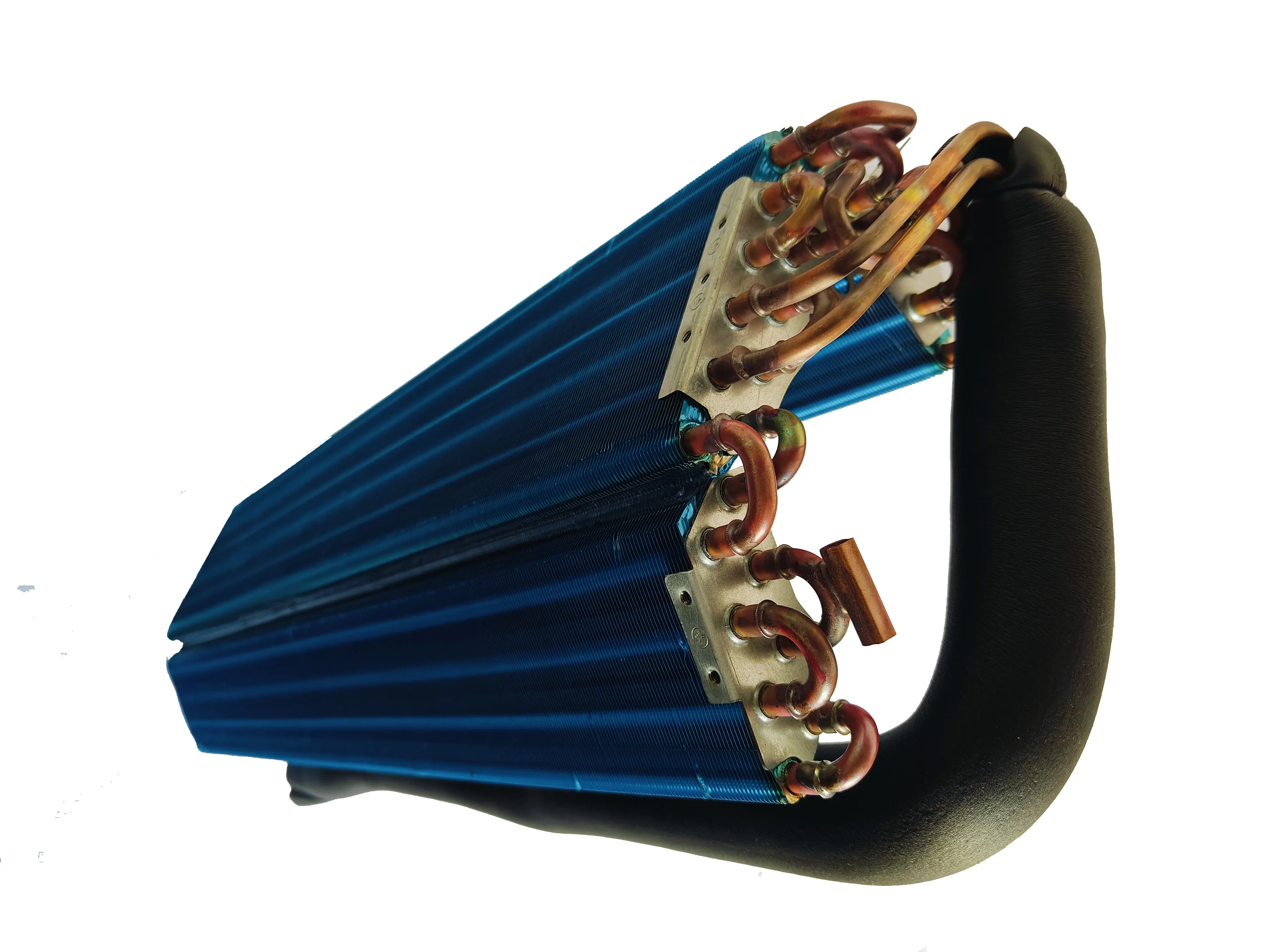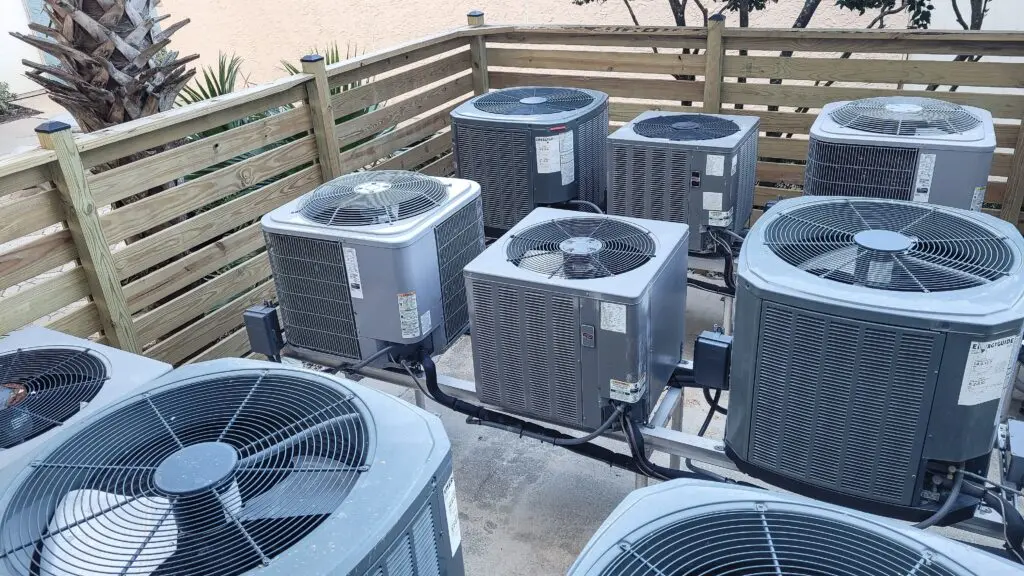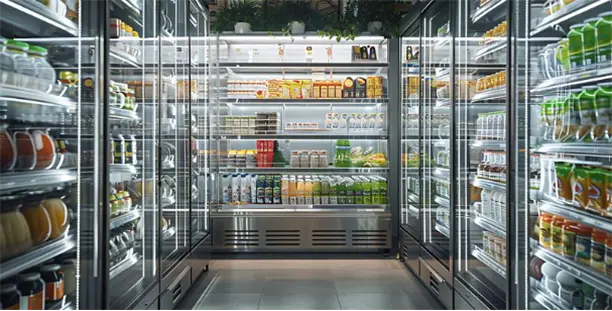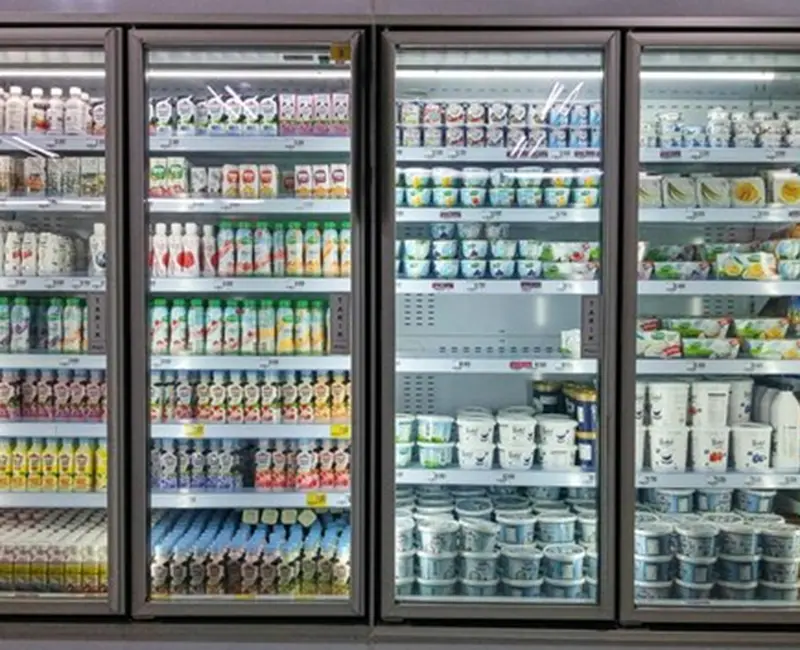How Wire Tube Condensers Improve Cooling Efficiency
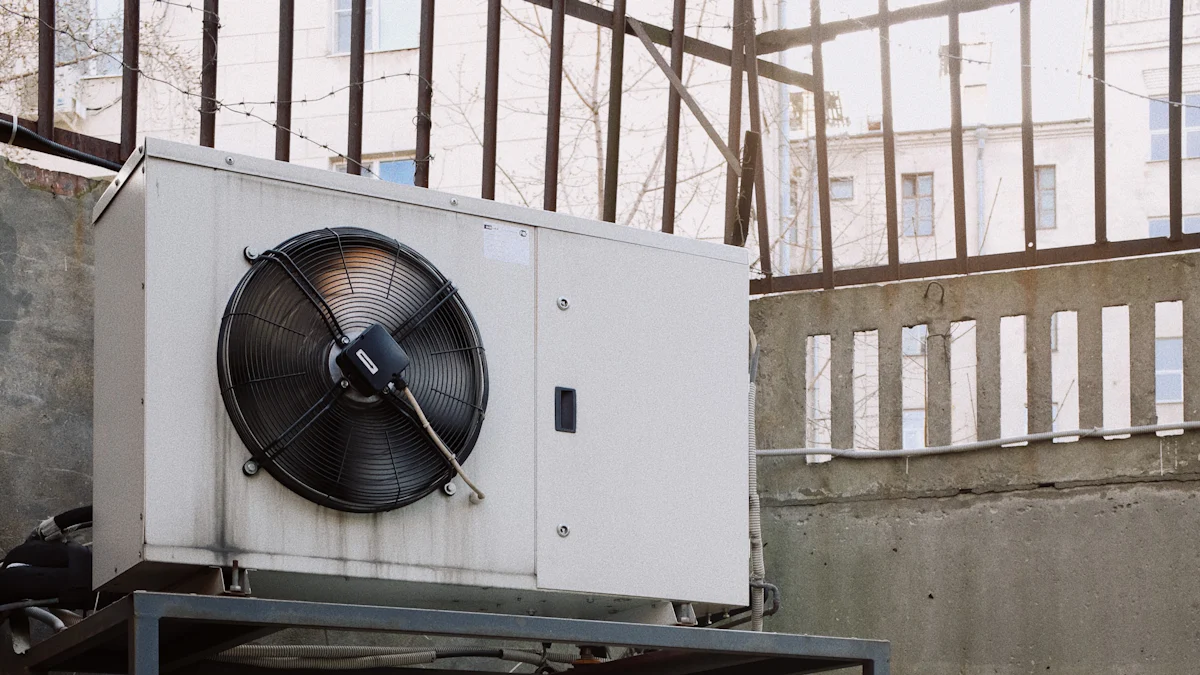
Efficient cooling starts with the right components. A wire tube condenser enhances cooling by improving heat transfer. Its design uses copper tubes and steel wires to maximize thermal performance. You benefit from reduced energy use and long-lasting durability. This makes it a reliable choice for modern cooling systems.
Understanding Wire Tube Condensers
Design and Structure
A wire tube condenser features a simple yet effective design. It consists of copper tubes arranged in a coil or serpentine pattern. These tubes are supported by steel wires, which provide structural stability and enhance heat dissipation. The copper tubes act as the primary pathway for refrigerant flow, while the steel wires increase the surface area for heat exchange. This combination ensures efficient cooling performance.
The materials used in the construction play a crucial role. Copper is chosen for its excellent thermal conductivity, which allows it to transfer heat quickly. Steel wires, on the other hand, are durable and resistant to corrosion. Together, these materials create a condenser that is both efficient and long-lasting. The open structure of the wire tube condenser also promotes better airflow, which further improves its cooling capabilities.
Working Principles
The wire tube condenser operates by transferring heat from the refrigerant to the surrounding air. As the refrigerant flows through the copper tubes, it releases heat absorbed from the cooling system. The steel wires help disperse this heat into the air more effectively. This process lowers the temperature of the refrigerant, preparing it for the next cycle in the cooling system.
Air circulation plays a vital role in this process. The open design of the wire tube condenser allows air to flow freely around the tubes and wires. This maximizes heat dissipation and ensures consistent cooling performance. By efficiently removing heat, the wire tube condenser helps maintain the desired temperature in your cooling system.
Key Benefits of Wire Tube Condensers
Enhanced Heat Dissipation
A wire tube condenser excels at removing heat from your cooling system. Its open design allows air to flow freely around the copper tubes and steel wires. This airflow increases the rate of heat transfer, keeping your system cool and efficient. The copper tubes quickly absorb heat from the refrigerant, while the steel wires help spread that heat into the surrounding air.
Tip: Better heat dissipation means your cooling system works faster and more effectively, even in high-demand situations.
This enhanced heat dissipation ensures that your cooling system maintains a stable temperature. Whether you’re using it in a refrigerator or an industrial cooler, you’ll notice consistent performance.
Energy Efficiency and Cost Savings
Using a wire tube condenser can lower your energy bills. Its efficient heat transfer reduces the workload on your cooling system. When your system doesn’t have to work as hard, it consumes less electricity. Over time, this energy efficiency translates into significant cost savings.
You’ll also benefit from the condenser’s ability to maintain optimal performance. By keeping your system running smoothly, it prevents energy waste caused by overheating or inefficiency. This makes it an eco-friendly choice for both homes and businesses.
Durability and Low Maintenance
A wire tube condenser offers long-term reliability. Its copper and steel construction resists wear and tear, even in demanding environments. Copper’s natural corrosion resistance ensures that the tubes remain functional for years. Steel wires add structural strength, preventing damage from physical stress.
Note: A durable condenser means fewer repairs and replacements, saving you time and money.
Maintenance is minimal with this type of condenser. Its open design makes cleaning easy, and its robust materials reduce the need for frequent upkeep. You can rely on it to deliver consistent performance with minimal effort.
Applications of Wire Tube Condensers
Household Refrigeration
You encounter wire tube condensers in many household refrigerators. These condensers play a vital role in keeping your food fresh. Their efficient heat dissipation ensures that the refrigerator maintains a consistent temperature. This helps prevent spoilage and keeps energy consumption low.
The open design of the condenser allows air to circulate freely, which improves cooling performance. You’ll notice that refrigerators with this type of condenser often operate quietly and require less maintenance. This makes them a practical choice for your home.
Industrial and Commercial Cooling
In industrial and commercial settings, cooling systems face heavy demands. Wire tube condensers excel in these environments due to their durability and efficiency. They handle large volumes of refrigerant while maintaining optimal performance. This makes them ideal for use in walk-in freezers, beverage coolers, and other commercial appliances.
You benefit from their ability to withstand harsh conditions. The robust materials resist wear and tear, ensuring long-term reliability. Businesses often choose these condensers to reduce energy costs and minimize downtime caused by equipment failure.
Cold-Chain Logistics
Cold-chain logistics rely on precise temperature control to transport perishable goods. Wire tube condensers ensure that refrigerated trucks and storage units maintain the required temperature. Their efficient heat transfer keeps the cooling system running smoothly, even during long journeys.
You can trust these condensers to protect sensitive items like food, medicine, and vaccines. Their low-maintenance design reduces the risk of system failure, which is critical in time-sensitive operations. This reliability makes them a cornerstone of the cold-chain industry.
Comparing Wire Tube Condensers with Other Types
Wire Tube Condensers vs. Plate Condensers
You might wonder how a wire tube condenser compares to a plate condenser. Plate condensers use flat metal plates to transfer heat. These plates are stacked together, creating a compact design. While this design saves space, it limits airflow. Restricted airflow can reduce cooling efficiency, especially in high-demand situations.
In contrast, a wire tube condenser features an open structure. This design allows air to circulate freely around the tubes and wires. Better airflow improves heat dissipation, making it more effective in maintaining consistent cooling. Plate condensers also require more frequent cleaning because dirt and debris can easily clog the narrow spaces between plates. A wire tube condenser’s open design makes cleaning simpler and less time-consuming.
If you prioritize durability, the wire tube condenser stands out. Its copper and steel construction resists wear and tear better than the thin plates used in plate condensers. This makes it a more reliable choice for long-term use.
Wire Tube Condensers vs. Finned Condensers
Finned condensers use metal fins attached to tubes to increase the surface area for heat transfer. These fins improve cooling efficiency but are prone to damage. Bent or broken fins can reduce performance and require repairs. A wire tube condenser avoids this issue with its sturdy steel wires, which maintain their shape even under stress.
You’ll also notice that finned condensers often need more maintenance. Dust and debris can accumulate between the fins, blocking airflow. Cleaning these narrow spaces can be challenging. A wire tube condenser’s open design simplifies maintenance, saving you time and effort.
When it comes to energy efficiency, both types perform well. However, the wire tube condenser’s robust design ensures consistent performance over time. This reliability makes it a better option for demanding applications like industrial cooling or cold-chain logistics.
A wire tube condenser offers unmatched cooling efficiency. Its superior heat dissipation, energy savings, and durability make it an excellent choice. You can rely on its versatility across industries, from household refrigeration to industrial cooling. By choosing this solution, you optimize performance and reduce costs, ensuring long-term reliability for your cooling systems.









